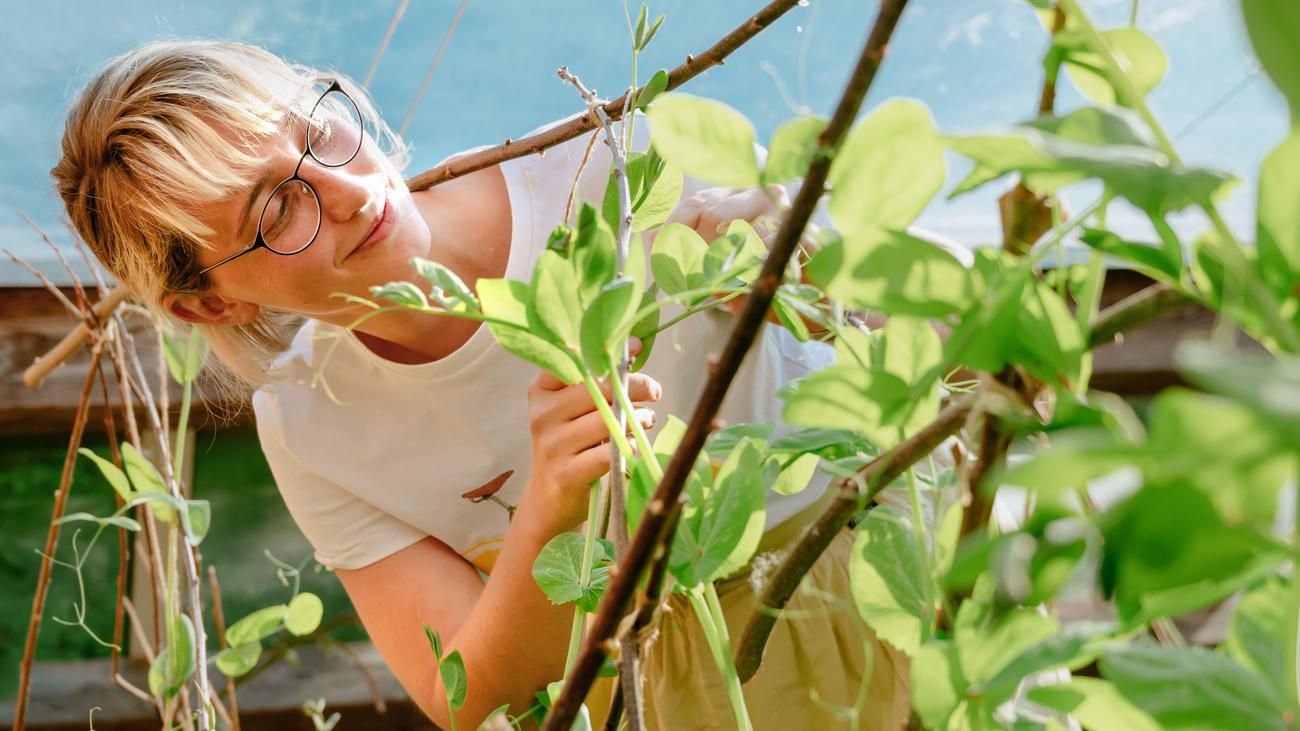Call it the Covid-19 School of Life. How pandemic conditions brought extraordinary learning experiences to university students from near and far
Inhalt 02 - Covid-19 has magnified what works well in the world - and what doesn't 03 - "It was really intense. There were people dying every few days" 04 - "Having a local connection really made a difference" 05 - Many unexpected learning experiences were born in hardshipWhen Covid-19 hit Germany in March 2020, it affected all of the roughly 13,000 students who were enrolled at Technische Universität Kaiserslautern. Lecture halls, labs, and libraries emptied out. Those who could, went home. By early April, students were few and far between, and dorms felt hollow.
But Marcus Kappel stayed put at the edge of the Palatinate Forest. He and 19 other students, including two international enrollees, hunkered down in their student dorm, Energiesparende Studierendenwohnheimsarchitektur (). The complex, about a five-minute walk from campus, was designed back in the 1980s as a greenhouse of sorts; its acronym stands for energy-saving architecture.
And something curious happened. The dorm mates started to learn more rather than less - from each other.
As the weeks went on, they cooked elaborate meals together and ate in a communal kitchen, grew new vegetables in the rooftop garden, spruced up common living areas indoors and out, talked and laughed. They even went through several coronavirus outbreaks together. All the while, they were learning a lot from the surreal experience of "not going to school" together. "Through the pandemic, we came to appreciate the value of what we had," Kappel says.
With a fig tree in the foyer and a tree house out back, ESA's living quarters may be unusual. But in many places around Germany, students experienced learning in a whole new way, and for some, this brought life-changing lessons.
But first came the exodus. According to the German Academic Exchange Service (DAAD), of the 300,000 foreign university students registered in Germany in the spring of 2020, more than a quarter headed home when the pandemic hit. A general study by the German Centre for Higher Education Research and Science Studies found that Covid-19 drove 9 percent of all university students in the country to move back in with their parents. In Kaiserslautern, according to the local student union, student housing was at just 70 percent capacity throughout 2020 and in the first half of 2021.
Newsletter
"Was jetzt?" - Der tägliche MorgenüberblickStarten Sie mit unserem sehr kurzen Nachrichten-Newsletter in den Tag - von Montag bis Samstag.
Prüfen Sie Ihr Postfach und bestätigen Sie das Newsletter-Abonnement.
Dem Newsletter-Abonnement geht eine Registrierung voraus. Mit Ihrer Registrierung nehmen Sie die Datenschutzbestimmungen zur Kenntnis.
As campuses shuttered, courses moved online, and in-person meetings with professors and administrators became impossible, students who stayed on site were more often than not left to their own devices. But that did not bring learning to a standstill. No matter where they were based - whether in dorms, shared apartments, or their childhood bedrooms - students from Germany and abroad did their coursework "at home." And, as one exceptional semester turned into two, then three, some students at least started to see the pandemic as an opportunity in disguise. With the right mindset (and a bit of dumb luck), university students were able to experience life lessons that they might not have otherwise had.
Kappel, a master's student in integrative social sciences, practiced viewing Germany's first lockdown with a sociologist's eye. "It was fascinating to see the dynamics evolve as the weeks went by," he says. It was like living in a laboratory.


